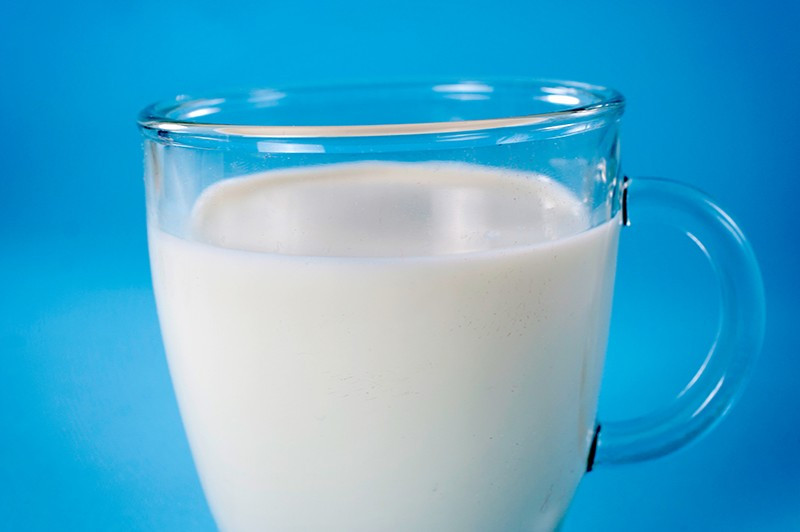Our bodies need plenty of calcium for us to maintain bone health, to include building stronger bones and warding off osteoporosis. Common food sources rich in calcium include dairy products such as milk, cheese and butter as well as other edibles such as kale, sardines and broccoli. Ingesting calcium is only half the battle, though, as it is equally important to make sure that calcium is properly absorbed, a process that requires the assistance of other substances for calcium absorption. Calcium has become popularly known as a "must-have micronutrient," and that's something an increasing number of health-conscious people are aware of. According to vitamins.vitanetonline.com, calcium is the human body's most abundant mineral, 99 percent of which is stored in our skeletal system. But the absorption of calcium is complex when it comes to regulating how dietary calcium is being used. Too little calcium utilization and we risk bone porosity; too much could be a sign of disease. Vitamin D is usually the first substance mentioned when it comes to enhancing the absorption of dietary calcium in our bodies. Vitamin D is converted into carcitrol, an organic compound that acts as a hormone and is used in the treatment of osteoporosis. Naturally, carcitrol works to regulate calcium by helping with its movement from the intestines to the bloodstream while also inhibiting its travel from the blood to the urine—we don't want calcium to be excreted too quickly; our bones need it. We get our Vitamin D chiefly from two sources: sunlight and through food, such as eggs, butter, fatty fish and liver, per emedicinehealth.com. For those people not getting sufficient amounts of Vitamin D, which includes the elderly, D supplements are likely needed to help maintain adequate levels to help with absorption of calcium. Calcium supplements are also recommended because diet alone might not provide enough. In fact, calcium absorption is best done when taken in smaller amounts (500-600 mg, or less, at a time) spread out during the day vs. depending on a huge meal loaded with calcium-rich sources to get us over the hump. Using supplements can help in terms of parceling out calcium consumption as the day wears on.
10 Things to Know About Calcium Absorption
Here are 10 other good things to know about calcium and its absorption by our bodies:- Vitamins C, E and K, as well as magnesium and boron, also help induce calcium absorption while increasing bone mass.
- Check with a doctor or pharmacist before taking a calcium supplement to see if there is a chance of it interacting with a prescription medicine you are taking.
- In addition to its role in bone health, calcium also helps with blood clotting, our nerves sending out messages and the contraction of our muscles.
- Our bodies can't produce calcium on its own—it gets it by taking it from our bones (which include our teeth).
- According to the National Osteoporosis Foundation, calcium is continually lost via our skin, nails, hair, sweat, urine and feces.
- If you drink soymilk, orange juice or anything else fortified with calcium, be sure to shake the container well as calcium is known to settle at the bottom.
- Stress can have a negative effect on calcium absorption, according to womenscycling.ca. Ditto soft drinks that contain citric and phosphoric acids.
- High-fiber diets also have been shown to interfere with calcium absorption.
- Estrogen's presence can help with calcium absorption, which is why post-menopausal women should increase their daily calcium intake to avoid calcium deficiency.
- Get off the sofa and get active: weight-bearing exercise can build bone as well as muscle.

